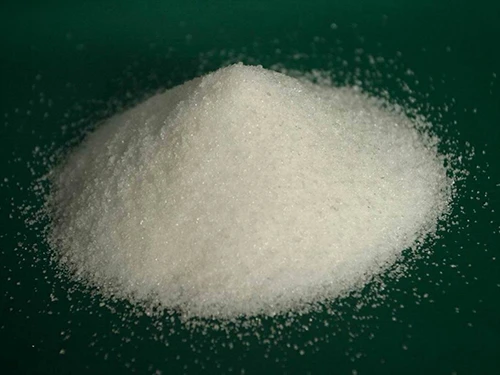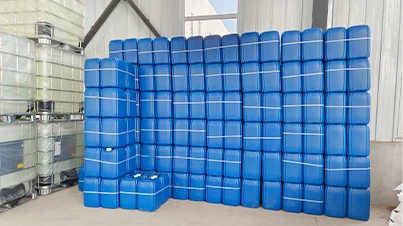2 月 . 14, 2025 07:15
Back to list
cooling tower scale inhibitor
Cooling tower scale inhibitors play a crucial role in the maintenance and efficiency of industrial cooling systems. They are specialized chemical formulations designed to prevent the formation of scale deposits, which can significantly impact the performance of cooling towers. Scale, typically composed of calcium carbonate or other mineral deposits, forms when water hardness reacts with heat, creating insulating layers on heat exchange surfaces. Over time, these layers can obstruct water flow, reduce system efficiency, increase energy consumption, and lead to costly maintenance and downtime.
Building trust in the selection of cooling tower scale inhibitors involves transparency regarding the product's chemical composition and environmental impact. As industries push for greener operations, the environmental friendliness of chemical treatments becomes increasingly important. High-quality inhibitors are designed to minimize their ecological footprint while maintaining optimal performance. By choosing scale inhibitors that are biodegradable and meet environmental regulations, companies can align their operational goals with environmental sustainability. Furthermore, trust is cultivated through robust after-sales support and technical guidance. Manufacturers that offer comprehensive training and support ensure that their products are used effectively and consistently yield desired results. Reliable suppliers provide continuous monitoring and adjustment recommendations, ensuring inhibitors are optimized for changing water qualities and operational demands. Ultimately, the decision to use a specific cooling tower scale inhibitor should be based on technical data, proven effectiveness, environmental impact, and the provider’s reputation for support and service. Selecting the right inhibitor can significantly reduce maintenance costs, improve system efficiency, and contribute to the overall sustainability goals of an organization. In conclusion, as the demand for reliable and efficient industrial operations continues to grow, the role of cooling tower scale inhibitors has never been more critical. Companies that invest in advanced chemical solutions and foster partnerships with reputable suppliers stand to gain significant advantages in operational performance and environmental responsibility. Through understanding and expertise, businesses can ensure their cooling towers operate at peak efficiency while safeguarding their investments and the environment.


Building trust in the selection of cooling tower scale inhibitors involves transparency regarding the product's chemical composition and environmental impact. As industries push for greener operations, the environmental friendliness of chemical treatments becomes increasingly important. High-quality inhibitors are designed to minimize their ecological footprint while maintaining optimal performance. By choosing scale inhibitors that are biodegradable and meet environmental regulations, companies can align their operational goals with environmental sustainability. Furthermore, trust is cultivated through robust after-sales support and technical guidance. Manufacturers that offer comprehensive training and support ensure that their products are used effectively and consistently yield desired results. Reliable suppliers provide continuous monitoring and adjustment recommendations, ensuring inhibitors are optimized for changing water qualities and operational demands. Ultimately, the decision to use a specific cooling tower scale inhibitor should be based on technical data, proven effectiveness, environmental impact, and the provider’s reputation for support and service. Selecting the right inhibitor can significantly reduce maintenance costs, improve system efficiency, and contribute to the overall sustainability goals of an organization. In conclusion, as the demand for reliable and efficient industrial operations continues to grow, the role of cooling tower scale inhibitors has never been more critical. Companies that invest in advanced chemical solutions and foster partnerships with reputable suppliers stand to gain significant advantages in operational performance and environmental responsibility. Through understanding and expertise, businesses can ensure their cooling towers operate at peak efficiency while safeguarding their investments and the environment.
Share
Next:
Latest news
-
The Ultimate Guide to Flocculants: Transforming Water TreatmentNewsNov.01,2024
-
Improve Your Water Treatment Solutions with PolyacrylamideNewsNov.01,2024
-
Enhance Your Water TreatmentNewsNov.01,2024
-
Empower You to Achieve the Highest Standards of Water QualityNewsNov.01,2024
-
Effective Scale InhibitorsNewsNov.01,2024
-
Discover the Power of Poly Aluminum Chloride in Water TreatmentNewsNov.01,2024





